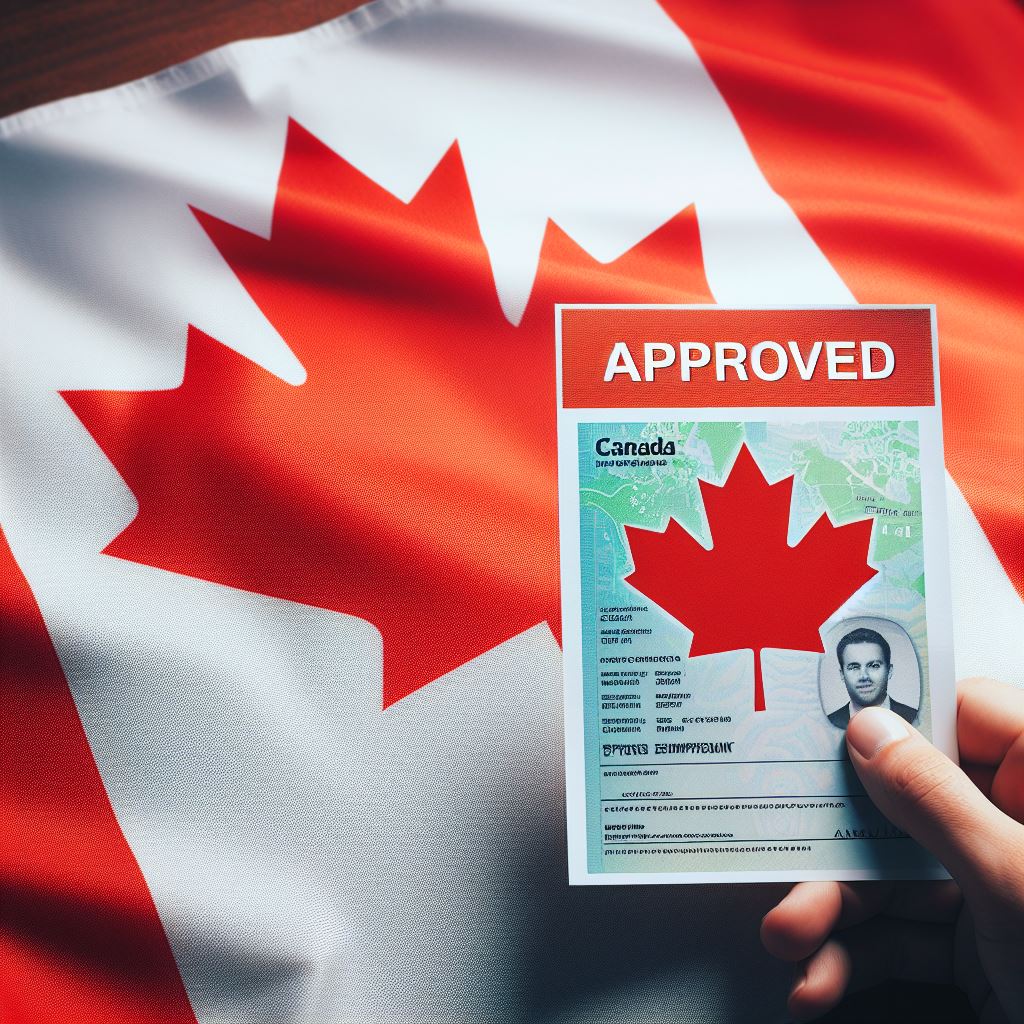
Canada Work Permit Fees & Alternatives After H1-B Fee Hike: Complete Guide
The recent USD 100,000 H1-B visa petition fee in the United States has caused many skilled professionals to explore Canada as a more affordable and accessible alternative for employment and permanent residency.
Canada offers multiple pathways to work or settle, including temporary work permits and permanent residency programs, making it a strong option for global talent seeking opportunities in North America.
Key Highlights
- H1-B Impact: The sharp increase in U.S. visa costs makes Canada a more attractive choice for skilled workers.
- Work in Canada Options: Candidates can either apply for a temporary work permit or pursue permanent residence (PR) directly.
- Work Permit Validity: Generally valid for 1–3 years and renewable under certain conditions.
- PR Advantage: Offers the right to live and work in Canada indefinitely and provides a pathway for family members to immigrate together.
Main Pathways to Work or Settle in Canada
| Pathway | Status | Eligibility Summary |
|---|---|---|
| Temporary Foreign Worker Program (TFWP) | Work Permit | Job offer from a Canadian employer who obtains a Labour Market Impact Assessment (LMIA). |
| Intra-Company Transfer (ICT) | Work Permit | Employee of a multinational company transferring to its Canadian branch in an executive, managerial, or specialized knowledge role. |
| Express Entry | Permanent Residence | Skilled workers who meet minimum eligibility under the Federal Skilled Worker, Canadian Experience Class, or Federal Skilled Trades programs and achieve a competitive Comprehensive Ranking System (CRS) score. |
| Provincial Nominee Program (PNP) | Permanent Residence | Provincial nomination based on meeting labour market needs of a specific province or territory. Over 80 different PNP streams exist. |
Canada Work Permit Fees
- Work Permit (per person): CAD $155
- Open Work Permit Holder Fee (if applicable): CAD $100
- Employer Compliance LMIA Fee: CAD $1,000 (paid by employer for LMIA applications)
Note: Processing times vary by country and application type. LMIA processing typically takes 3–4 months.
1. Temporary Foreign Worker Program (TFWP)
- Requires a valid job offer from a Canadian employer with a positive Labour Market Impact Assessment (LMIA).
- LMIA demonstrates that hiring a foreign worker will not negatively affect the Canadian labour market.
- Employers must pay a CAD $1,000 LMIA fee and, in most cases, advertise the job before applying.
- Processing times for work permits vary:
- India: 8 weeks
- Pakistan: 12 weeks
- Nigeria: 22 weeks
- United States: 3 weeks
2. Intra-Company Transfer (ICT)
- For employees of multinational corporations transferring to a Canadian branch.
- Must have at least one year of employment with the company abroad.
- Roles include:
- Executive
- Managerial
- Specialized knowledge positions
3. Express Entry (Permanent Residence)
- A points-based system for skilled workers.
- Candidates must:
- Complete an Expression of Interest (EOI) profile.
- Take approved language tests (IELTS, CELPIP, etc.).
- Obtain an Educational Credential Assessment (ECA) if educated outside Canada.
- Three main programs under Express Entry:
- Federal Skilled Worker Program
- Canadian Experience Class
- Federal Skilled Trades Program
- Higher CRS scores increase chances of receiving an Invitation to Apply (ITA).
- Canadian work experience significantly boosts CRS scores, so many candidates begin with a work permit first.
4. Provincial Nominee Program (PNP)
- Provinces and territories nominate candidates to meet local labour market needs.
- Over 80 different PNP streams target specific occupations or skills.
- A provincial nomination adds 600 CRS points, almost guaranteeing an Express Entry invitation.
Family Sponsorship Benefits
- Spousal Open Work Permit (SOWP): If you obtain a work permit, your spouse or common-law partner can apply for an open work permit.
- Permanent Residency (PR): Once approved, your spouse and dependent children can obtain PR simultaneously.
General Admissibility Requirements
To qualify for any Canadian work permit or PR program, applicants must:
- Prove financial stability to support themselves and their family.
- Pass a medical exam to show no danger to public health or excessive demand on social services.
- Have no serious criminal history or ties to organized crime.
- Provide genuine and truthful information on all immigration forms.
Why Canada Is a Strong Alternative to H1-B
- Lower government fees compared to the USD 100,000 H1-B petition fee.
- Pathways to permanent residence and eventual citizenship.
- Opportunities for family members to live, work, and study in Canada.
For a consultation about Immigration options, reach out to the CAD IMMIGRATION today!




